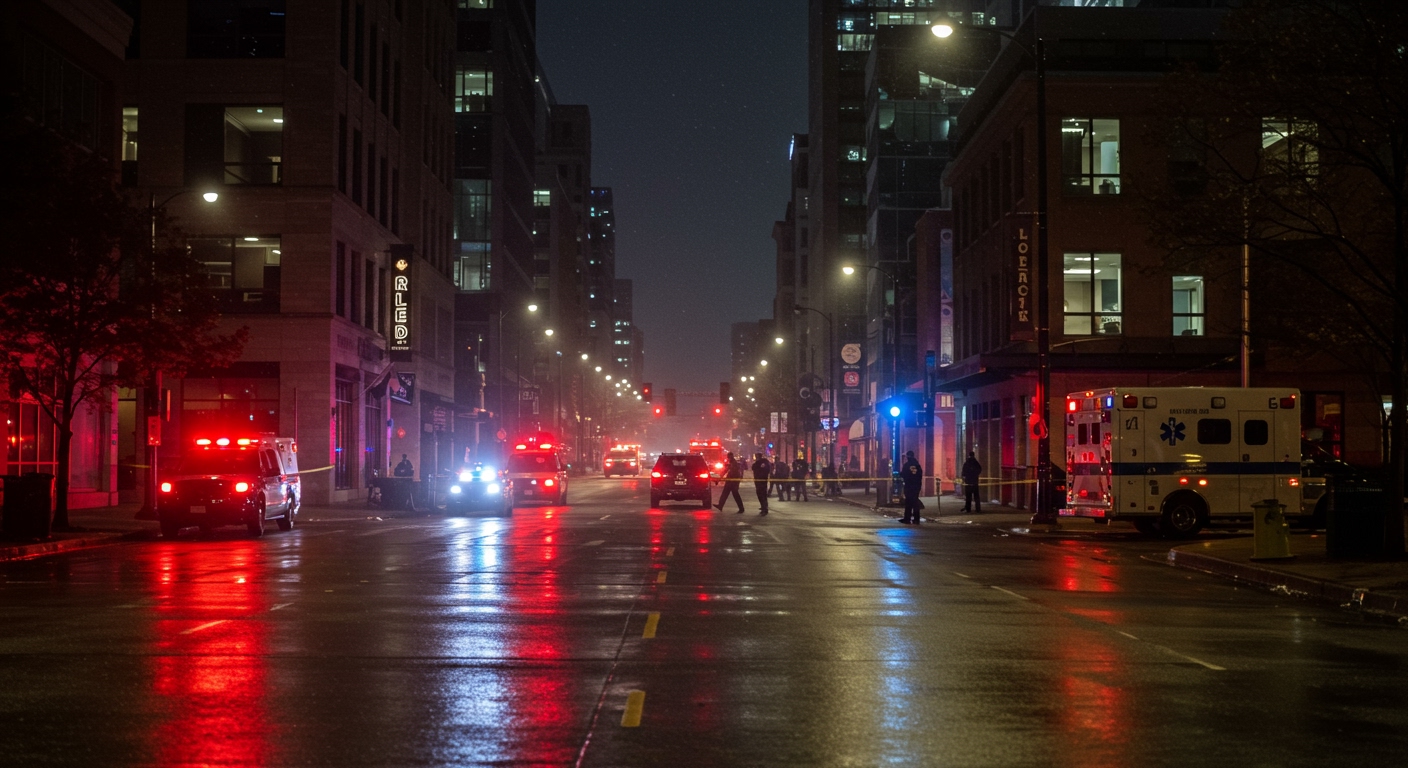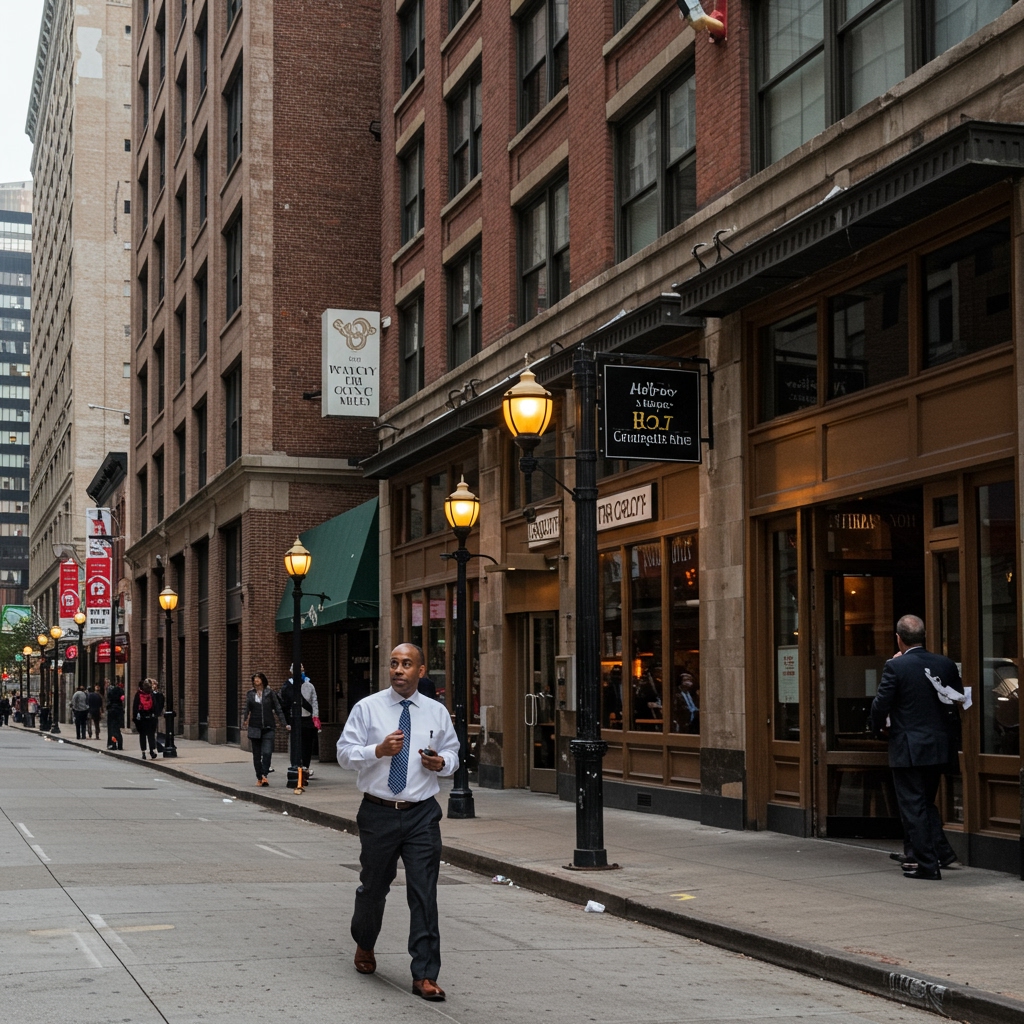Chicago, IL – Hospitality professionals who rely significantly on tips in Chicago are poised to receive a landmark increase in their base pay, effective July 1, 2025. This upcoming adjustment represents the largest single annual boost to the base wage for this segment of the city’s workforce in recorded history. It marks a significant step forward in Chicago’s broader strategy, codified in the One Fair Wage ordinance, to fully eliminate the subminimum wage for tipped employees by the year 2028.
Historically, the subminimum wage system for tipped workers has allowed employers to pay these employees a lower hourly rate than the standard minimum wage, under the assumption that tips would supplement their earnings to meet or exceed the minimum threshold. Critics of this system argue it places an undue burden on customers to ensure workers earn a living wage and can result in income instability for employees whose earnings fluctuate based on tipping volume. Chicago’s One Fair Wage ordinance seeks to dismantle this structure through a phased approach, gradually increasing the mandated base wage for tipped workers until it aligns with the city’s full minimum wage.
Details of the Forthcoming Increase
Beginning on July 1, 2025, the mandated base hourly wage for tipped workers across Chicago will rise from its current rate of $11.02 to $12.62 per hour. This substantial $1.60 per hour increment is designed to provide a more robust and predictable income floor for thousands of workers in restaurants, bars, hotels, and other service establishments. It is essential to note that this increase in the base wage is in addition to the tips workers earn from patrons; tips continue to be received by the worker on top of the mandated hourly rate.
This 2025 increase is not a standalone event but the next scheduled phase of the One Fair Wage ordinance’s implementation. The policy, enacted to correct wage disparities and enhance financial security for tipped employees, outlines incremental increases each year with the ultimate goal of ensuring that by 2028, tipped workers receive the standard city minimum wage before any tips are factored in.
Documented Impacts and Future Projections
The effects of the ordinance’s initial phases, which began taking effect last year, are already yielding significant results, according to a comprehensive report recently released by One Fair Wage, the national advocacy organization instrumental in advocating for and tracking these policies. The report provides detailed insights into the financial benefits experienced by Chicago’s tipped workforce.
According to the analysis presented in the report, tipped workers in the city have collectively received over $137 million in new wages since the ordinance commenced its phase-in process last year. This figure highlights the immediate and tangible impact of the policy on worker earnings. Furthermore, the report offers a compelling projection for the future: it estimates that tipped workers in Chicago are on track to earn an additional $235 million over the next five years as the policy progresses towards its full implementation in 2028. These cumulative figures underscore the significant economic shift intended by the ordinance.
Economic Health Indicators in the Restaurant Sector
Potential adverse effects on businesses, particularly within the hospitality sector, are often a central concern when discussing significant wage increases for tipped employees. However, the One Fair Wage report offers data suggesting that the Chicago restaurant sector is demonstrating stability and continued activity even as wage mandates increase.
The report cites several positive economic indicators. Since July 2024, the city has issued 856 new food establishment licenses, indicating ongoing investment and expansion within the dining and service industries. The report also notes a significant reduction in business churn; comparing data year-over-year, there were 50% fewer license cancellations in 2024 compared to 2023. These statistics suggest that the market remains dynamic and that businesses are largely maintaining their operations.
Mirroring these business trends, the report also highlights improved financial outcomes for the workforce. It points to a substantial 49% increase in income for tipped workers across the entire Chicago metro area. While this metric encompasses both base wage and tips, it suggests a significant overall improvement in the financial well-being of this key segment of the service industry workforce since the policy’s inception.
Advocacy Perspective on Economic Policy
Commenting on the report’s findings and the upcoming wage increase, Saru Jayaraman, the President of One Fair Wage, articulated the organization’s core belief regarding such policies. “Valuing workers is smart economic policy,” Jayaraman stated, underscoring the argument that ensuring workers earn a stable and higher wage is not merely a social consideration but a strategy that can contribute positively to the broader economy through increased consumer spending and a more stable, experienced workforce.
The Path to 2028
The July 1, 2025, wage hike represents a critical benchmark on Chicago’s path to eliminating the subminimum wage. By steadily elevating the base pay for tipped employees, the city is moving closer to a system where a significant portion of a worker’s income is guaranteed, providing greater financial security than relying predominantly on unpredictable tips. As the One Fair Wage ordinance continues its structured implementation towards the 2028 target date, its success and impacts in Chicago are likely to inform policy debates in other municipalities and states considering similar reforms aimed at enhancing wage equity and stability for their service industry workforces. This historic raise underscores Chicago’s commitment to ensuring a predictable and livable income for its tipped employees, reinforcing the principle that fair compensation is fundamental to a thriving urban economy and contributing to the overall economic health of the region.















